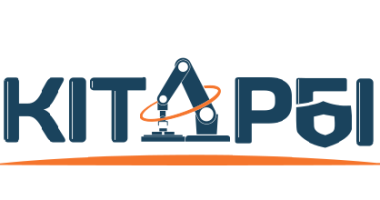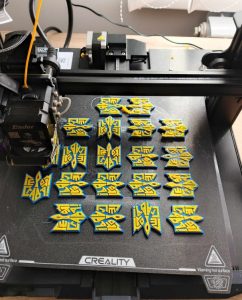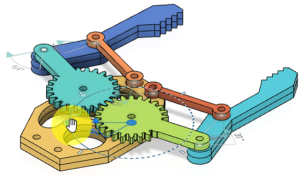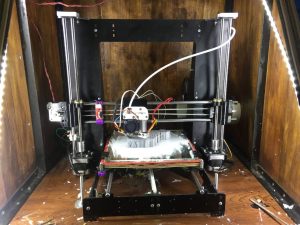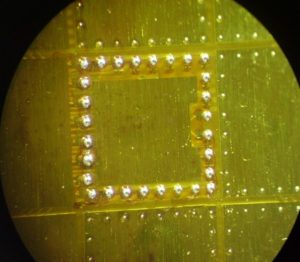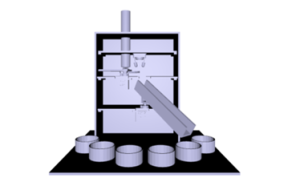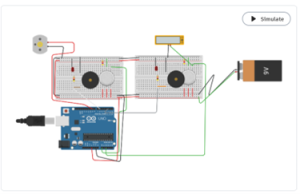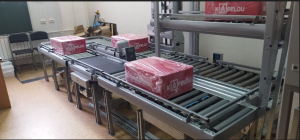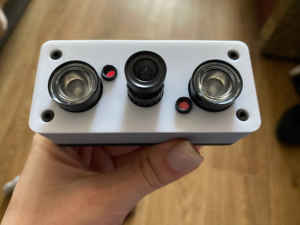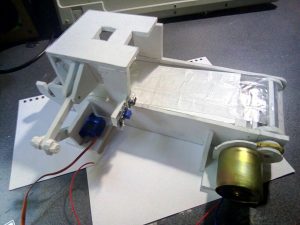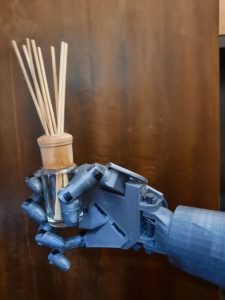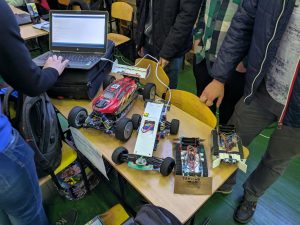Scientific circles of the Department of KITAR NURE: Your platform for growth and innovation (SDG 4, SDG 5, SDG 8, SDG 17)
Column “Applicants ask us”
Kharkiv National University of Radio Electronics (NURE) Department of CITAR offers students a unique opportunity to develop their skills and realize their scientific ambitions through participation in various scientific circles. These circles cover many topics in automation and robotics, artificial intelligence, and 3D printing.
Each applicant can choose for himself what he is most eager for.
Why should you join?
Practical experience: The groups provide an opportunity to work on real projects, which allows you to apply theoretical knowledge in practice. Practitioner teachers who work in real production are invited to the group meetings.
Individual approach: Classes are conducted by experienced teachers who provide personalized support to each participant.
Flexible schedule: Classes are held at a convenient time, allowing you to combine group participation with your main studies.
.
Circle topics
Among the current areas of the circles of the Department of Computer Integrated Technologies, Automation and Robotics (CITAR) for the 2024/2025 academic year:
- Intelligent robotic systems: Research and development of modern robotic complexes.
- Technologies of mobile robotics and computer vision systems: Study of mobile robots and their ability to perceive the environment.
- 3D printing and laser/milling engraving: Mastering additive manufacturing and material processing technologies.
- Design of IoT software: Creation of software for the Internet of Things.
- Intelligent methods of data analysis in production: Application of artificial intelligence methods to optimize production processes
Participation results
Participation in scientific circles contributes to the deepening of professional knowledge and skills.
Preparation for participation in scientific conferences and competitions.
From the first year you already have the opportunity to choose a topic for your qualification work and research this topic, not only in the laboratory, but also in real production conditions.
Expanding the circle of professional contacts.
Increasing competitiveness in the labor market.

